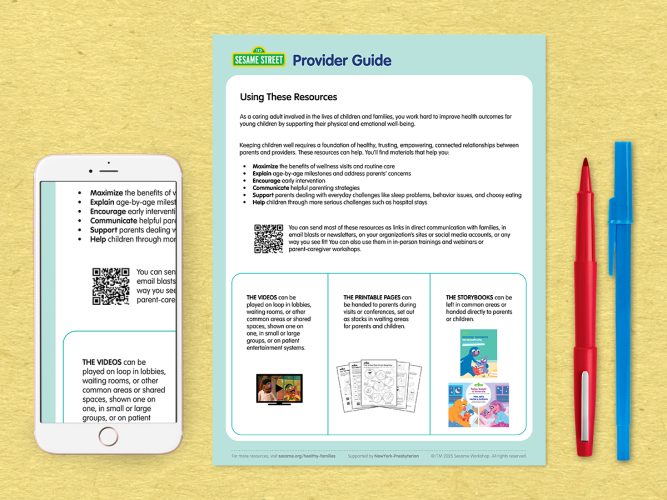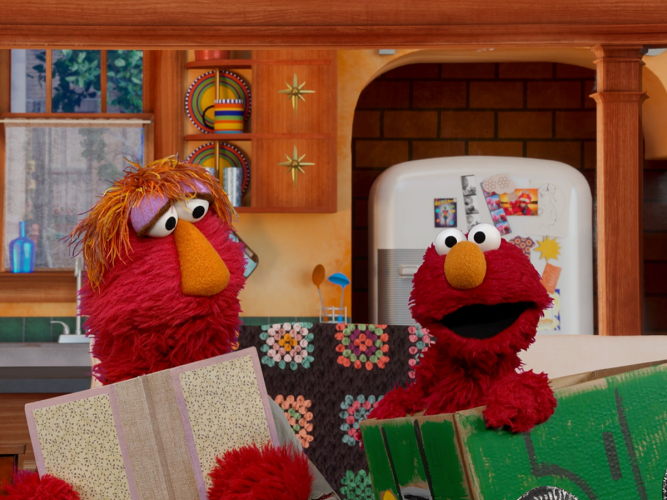
Resilience in Parenting
Parenting is hard work, but you’ve got this!
Resilience helps us bounce back when we fall down and keeps us going when times get tough. It involves a combination of emotional intelligence, problem solving skills, and confidence. And while we often strive to help our children build resilience skills, it can be easy to forget to check in on ourselves as parents. The fact is resilience needs to be nurtured and takes practice.
Adopting simple habits or “check-ins” throughout the day can help you hone your resilience skills. Consider these ideas:
In the morning:
- Notice your mood and try to name your feelings—without judgement. Even if you wake up feeling grumpy or just a little “off,” try not to stress about it. Instead, simply acknowledge the feeling, give it a name, and recalibrate your expectations for the day (as an example, maybe that important phone call can wait until you’re feeling a bit more positive).
- Repeat an affirmation. Say something positive about your family, yourself, and the day ahead. For instance, you might say, “My family is my team.” “I am a good mom.” “I can go with the flow.” “I don’t need to get everything done today.”
- Set priorities for your day. Review your to-do list and decide which few are most important. Consider choosing one task each to care for yourself, your family, and your work or home. Remember, you might not have time to get everything on your list completed in one day.
In the afternoon:
- Take a self-care break. Schedule 5-10 minutes each day to do something to recharge your energy. You could close your eyes and take a few deep breaths, go on a brisk walk, listen—and sing along with—your favorite song, or snuggle with a pet or child.
- Identify areas for growth. Mistakes are part of learning. Remind yourself that the way to get better at something is to practice doing it. If, for example, you lost your patience in the morning, try to notice opportunities to practice being more patient in the afternoon.
- Recommit to your goals. Even if it hasn’t gone as planned or your to-do list has grown instead of shrunk, remind yourself that the day isn’t over. You can do it.
In the evening:
- Share “smiles and frowns” with your family. What were the good parts of the day? Which parts were not as good? Together, make a plan to make tomorrow even brighter.
- Celebrate successes. Individually and together with your family, spend a few minutes celebrating something you did well. You could write it down and give yourself a gold star or do something more playful such as boogie down together or enjoy a healthy snack.
- Prepare for tomorrow. Before you head to bed, try to do one small thing for your “future self,” such as setting the coffee pot, tidying up your home, or prepping for work or school. Little acts of kindness, even for (and from) yourself can be just the pick-me-up you need to be the best parent you can be.
Notice, Wonder, Respond
Even our friends on Sesame Street need to practice their resilience in parenting. In the images below, we see how following the steps, Notice, Wonder, and Respond, helps Sesame caregivers to offer comfort to their children and work through challenges with confidence. Remember, you’ve got this!

For Providers: Using These Resources
Print and refer to this page as you implement the materials in this initiative.

Watch and Play: Abby's Magical Beasties
Watch this episode and explore ways to extend the learning at home.

Parenting Moment: Describing
The way you talk with children matters! Your words have power.

Parenting Moment: Imitating
Playing is learning! The way you play with children matters… your actions and words have power.

Parenting Moment: Reflecting
The way you talk with children matters… your words have power!

Parenting Moment: Enjoying!
Showing you enjoy your time together with your child builds your special bond. And when you’re being positive, your little one is more likely to do the same.

The Power of Following Children’s Lead
Joining children in their play offers so many opportunities to encourage, communicate, bond, spark and share joy, teach, show warmth and kindness, and help them thrive.
